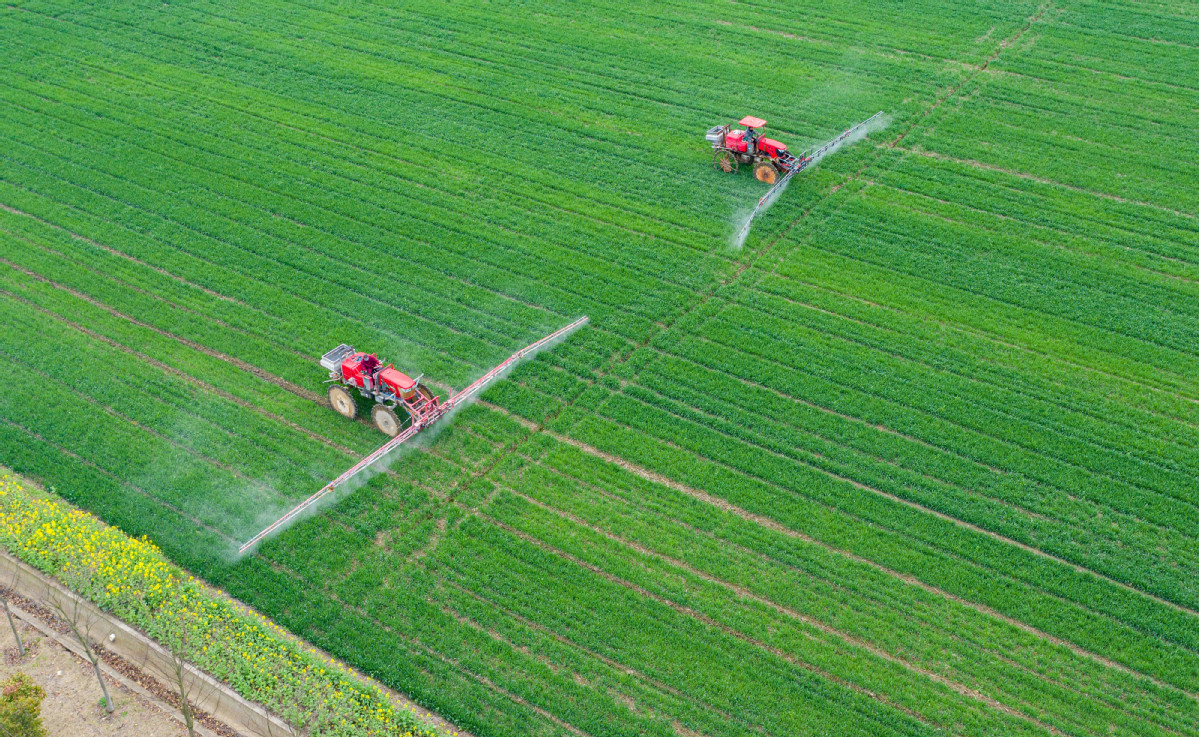Land reform must mean more choices for farmers


With concerted efforts being made to promote rural vitalization, the authorities should also make long-term plans for reforming the rural land use system. This year's Government Work Report, too, says the country will steadily advance rural reform by piloting rural homestead system reform.
The 14th Five-Year Plan (2021-25) for National Economic and Social Development and Long-Range Objectives Through the Year 2035 has called for accelerating the process of formalizing rural homestead rights.
There are three types of rural land in China: contracted farmland, homestead and collective land for commercial use. A relatively mature system has been established for contracted farmland, and a market system has emerged for collective land for commercial use. The homestead system reform, however, has not kept pace with the other two.
In some places, uneven and excessive occupation of homestead land remains common for historical reasons. In many cases, farmers' homestead rights and interests have been infringed upon and their just demands for housing construction not met.
Rural land use rights cannot be transferred at will in China, not least because it ensures food security for the country and guarantees farmers' survival.
Land is central to farmers' livelihood and a basic element for urban and/or rural development. Therefore, any changes to farmers' basic rights and interests should be properly evaluated, not based solely on economic gains. Reforming the homestead system requires loads of patience in order to avoid making costly mistakes.
Any reform must firmly uphold the bottom line of not changing the nature of land ownership, ensuring the total cultivable land area is above the red line of 1.8 billion mu (120 million hectares) and not harming farmers' interests.
Rural land reform, if it involves transfer of ownership, must take into consideration both efficiency and fairness. For contracted land management rights, State policies can encourage their circulation and moderate concentration, but for rural homesteads, their concentration in the hands of a few people should be banned.
The integration of urban and rural areas does not mean the elimination of rural areas and neither is rural revitalization about large-scale demolition and construction. To deepen rural land system reform, China must focus on using rural land to boost agricultural and rural development.


































